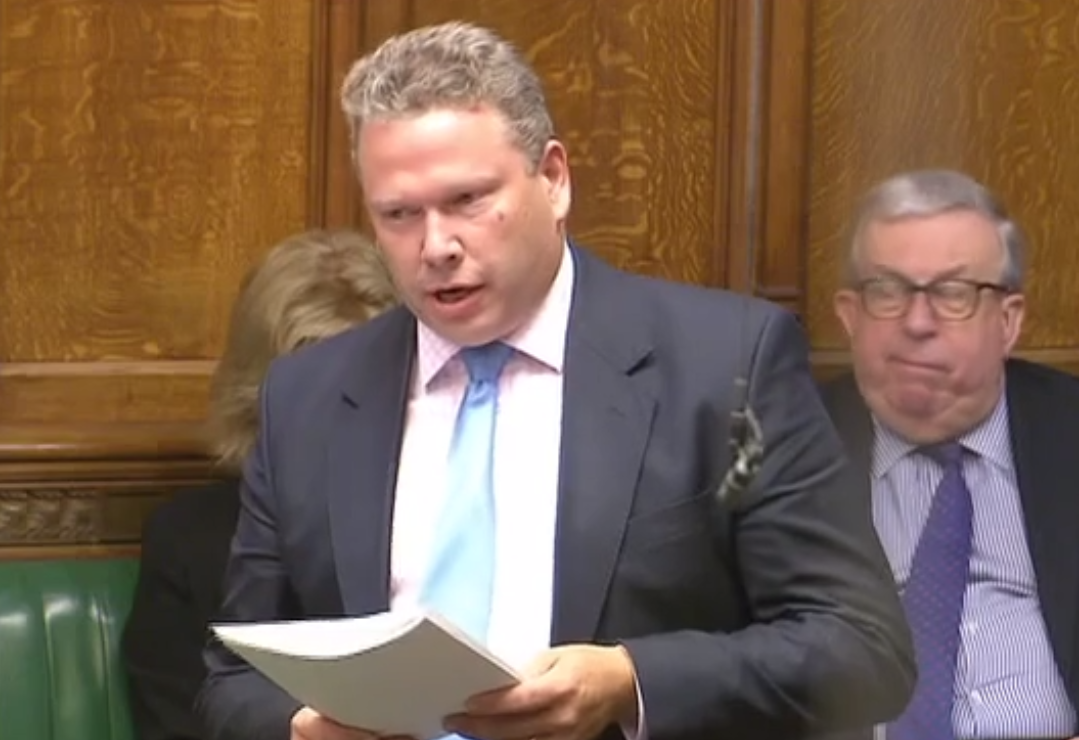Your support helps us to tell the story
From reproductive rights to climate change to Big Tech, The Independent is on the ground when the story is developing. Whether it's investigating the financials of Elon Musk's pro-Trump PAC or producing our latest documentary, 'The A Word', which shines a light on the American women fighting for reproductive rights, we know how important it is to parse out the facts from the messaging.
At such a critical moment in US history, we need reporters on the ground. Your donation allows us to keep sending journalists to speak to both sides of the story.
The Independent is trusted by Americans across the entire political spectrum. And unlike many other quality news outlets, we choose not to lock Americans out of our reporting and analysis with paywalls. We believe quality journalism should be available to everyone, paid for by those who can afford it.
Your support makes all the difference.A Conservative MP has hit out at the “shrill equal pay brigade”, claiming that campaigners are ignoring evidence when they talk about the gender pay gap.
Karl McCartney told the House of Commons that though he supported equal pay, he believed in some cases men were actually the ones at a disadvantage.
“According to the Office for National Statistics, on average men in full-time or part-time work under 29 years of age are paid less per hour on average than similarly aged women,” he said in a Tuesday afternoon debate on boys' educational performance.
“That remarkable transition flies in the face of the shrill equal pay brigade, who while proclaiming the need for equality seem quietly to gloss over that fact when shouting from the rooftops with regard to equal pay.
“I want equal pay for those with equivalent experience and qualifications and skill levels regardless of their gender or age.
The Office for National Statistics paints a complex picture of the gender pay gap.
The ONS says that since 1997 the gender pay gap across all age groups has narrowed for full-time workers but actually widened for part-time workers.
Overall more women work part time than men, meaning women on average are paid less across all employees. 41 per cent of women work part time, compared with only 11 per cent of men.
Older women who work part time are also paid less on average than their male full-time counterparts.
A higher proportion of women are also employed in jobs that tend to be low-paid such as administrative or secretarial work, as well as caring jobs.
The Fawcett Society says this gap is in part due to societal pressures and unequal caring responsibilities between men and women.
“Women continue to play a greater role in caring for children, as well as for sick or elderly relatives. As a result more women work part time, and these jobs are typically lower paid with fewer progression opportunities,” it says.
“The pay gap opens up significantly once women hit their forties. Often as they return from a break to raise children, women find that their male contemporaries are being promoted ahead of them.”
The Government has consulted on mandatory reporting of the gender pay gap in companies and is planning to make the provision compulsory, with Parliament expected to confirm legislation on the issue sometime in the Autumn.

Join our commenting forum
Join thought-provoking conversations, follow other Independent readers and see their replies
Comments